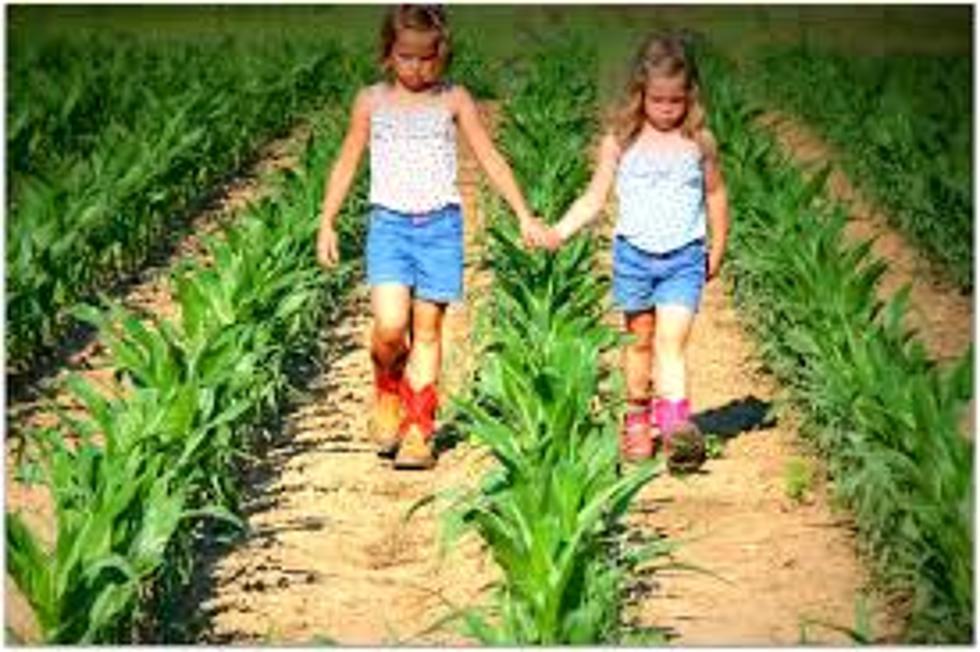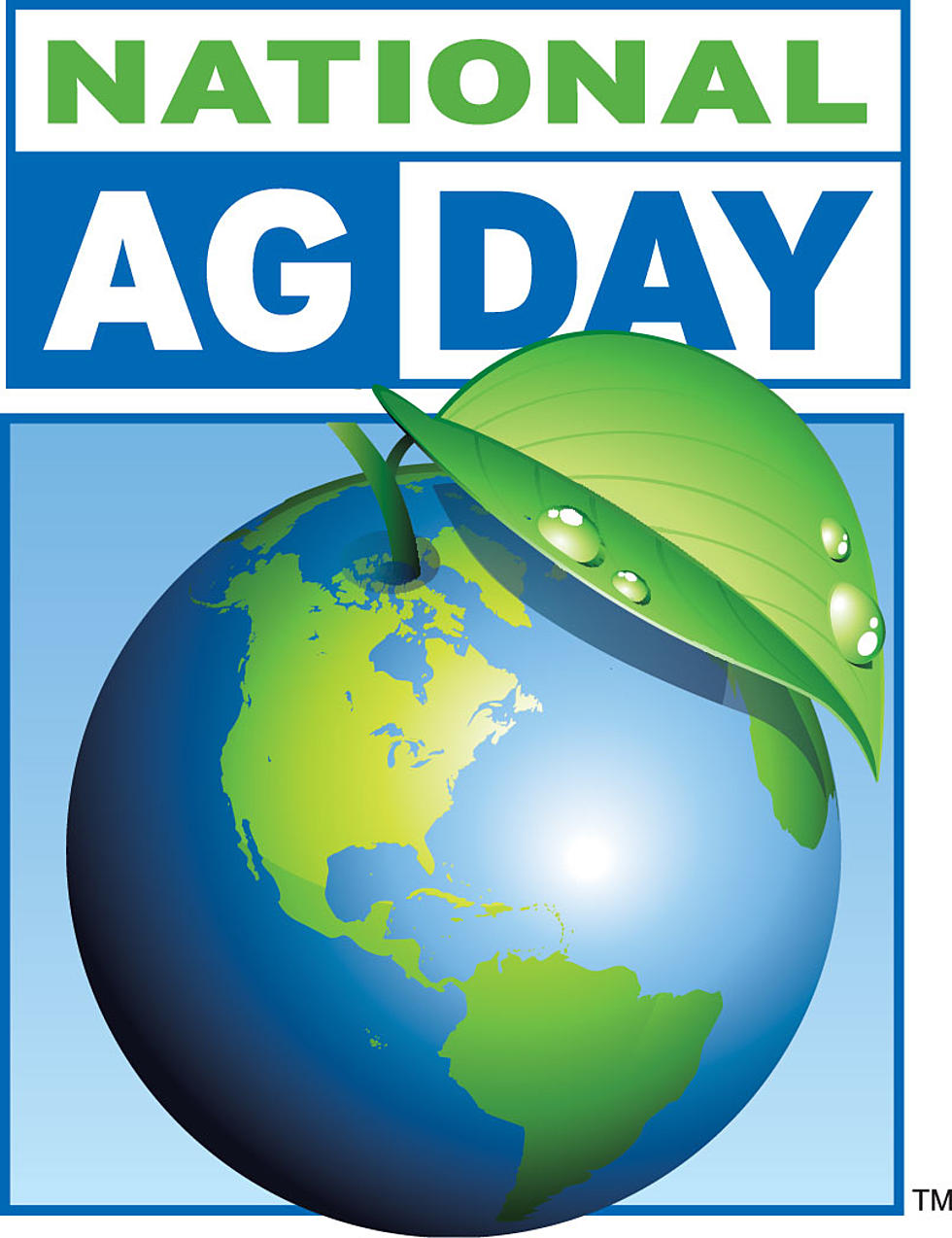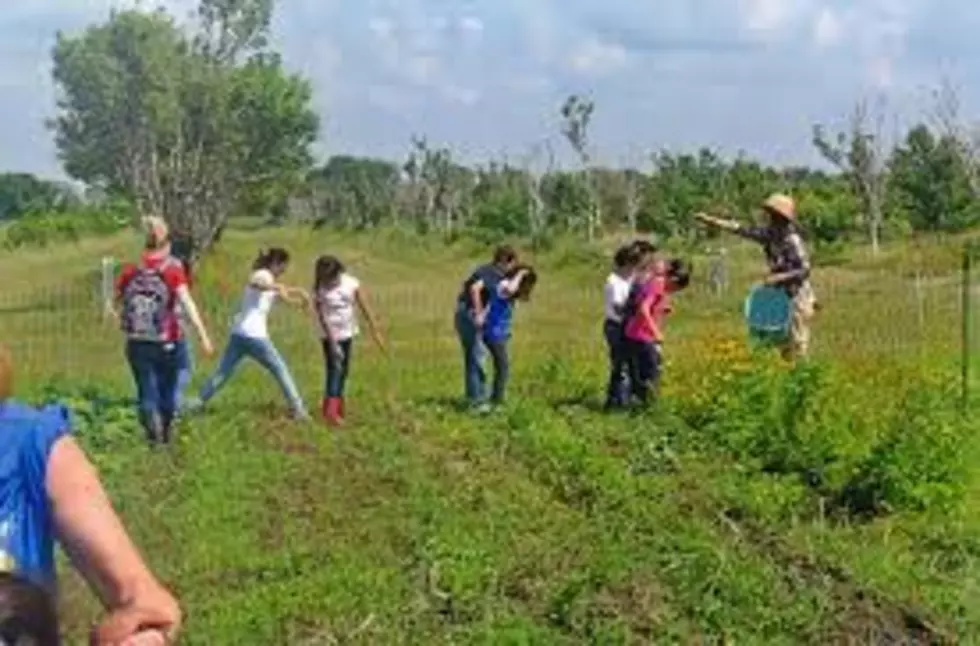
The 10 Most Influential People in Agriculture History
Any "Most Influential" list of people or events can only be opinion. I have read quite a bit on agriculture in America and have compiled this list from my personal opinion and my personal reading. Feel free to comment if you feel there are others that should have made the list.
- (image: Harry S. Truman Library and Museum)
(image: Harry S. Truman Library and Museum) 10George Harrison Shull
April 15, 1874 - September 28, 1954Considered the father of hybrid corn, Shull devoted 30 years of his life to corn breeding. A botanist by training, Shull began his famous experiments at Cold Spring Harbor, Long Island New York. His experiments began in 1905 and centered on inheritance in corn. Although Shull was not the only geneticist/botanist to make contributions in hybrid corn, he made critical observations on the reduction in vigor on inbreeding corn and the improved vigor on crossing corn. Although this was groundbreaking research, hybridized corn would not be made commercially available until 1922. Shull also served as
- (Image: Public Domain)
(Image: Public Domain) 9Henry A Wallace
Henry Wallace accomplished a LOT in his life. He served as Vice President of the United States, Secretary of Agriculture, and Secretary of Commerce. His Department of Agriculture oversaw the creation and development of the food stamp program and the school lunch program. He supported government intervention and implemented regulations of production in American farming with government planning designed to battle overproduction and low prices. He ordered pigs to be slaughtered and cotton fields in rural America to be plowed in an effort to drive the price of these commodities back up in order to improve the economic situation of American Farmers.
In 1934 Wallace published a book about the economic turbulence of the depression and it's repercussions on farmers, "New Frontiers".
A firm supported of government economic intervention, he vigorously implemented the controversial measures of the Agricultural Adjustment Act of 1933.
- (Image: Public Domain)
(Image: Public Domain) 8Rachel Carson
Carson’s book Silent Spring published in 1962 was a landmark event in the history of the environmental movement. Carson focused the book on pesticides and their use in agriculture, and argued that those chemicals were dangerous to the environment, wildlife, and humans. Carson was adept at presenting thorough documentation to make her point and concluded that the effects were akin to pesticide poisoning. The book is not without great controversy, and is cited as making erroneous cause-and-effect relationships one of which led to severe use restrictions and bans of DDT. It has been suggested that the subsequent ban of DDT has led to the resurgence of malaria and other fatal diseases. Regardless of which side of the argument you fall, what cannot be disputed is the powerful impact this book has on the agricultural world.
- (Image Janice Person, Monsanto)
(Image Janice Person, Monsanto) 7Robert Fraley
The first genetically modified plants from Monsanto which achieved widespread success were soybeans resistant to glyphosate herbicide. Fraley has contributed to years of agricultural development through a number of significant activities, including authoring more than 100 publications and patent applications relating to technical advances in agricultural biotechnology. The only living member of this list, I suspect Fraley will move up a few spots over time as the true impact of his work unfolds.
- (Image: Public Domain)
(Image: Public Domain) 6John Deere
The plow is one of the most important inventions to advance our society. John Deere did NOT invent the plow - plows had been around for 50 years or more. Instead, he developed and improved on the plow by making it out of steel in 1837. This plow was superior to the cast-iron plow in many soil types, his plow unlocked the vast food producing ability of the Midwest.
- (Image: Public Domain)
(Image: Public Domain) 5Eli Whitney
Eli Whitney - now there's a name we've all heard of! Considered an all-around ingenious inventor and mentioned with other American greats like Thomas Edison. His best known invention is the cotton gin, a machine that is used to pull cotton fibers from the cotton seed. His cotton gin had an enormous effect on the economies of the southern states, but it also had an equally important impact on slavery in this country. Raising cotton was hard work, labor intensive and only large plantations could raise it for a profit. After the cotton gin, cotton became a widespread, lucrative and less labor-intensive crop. The availability of cotton fibers also gave rise to the textile industry in this country.
- (Image: Public Domain)
(Image: Public Domain) 4Cyrus McCormick
Cyrus McCormick worked feverishly and well into the nights over the course of several months to develop the world’s first mechanical reaper in 1831. A mechanical reaper was needed, as harvesting crops in McCormick’s day required numerous men to cut and gather. McCormkick’s reaper was able to replace manpower for machine power and is often cited as a key driver for the westward expansion of the United States. In 1851, the reaper won the highest award of the day, the Gold Medal at London’s Crystal Palace Exhibition. Cyrus McCormick became incredibly famous and was literally a worldwide celebrity. Cyrus McCormick is referred to as the ‘Father of Modern Agriculture.’ A footnote to this story is that Cyrus did not work alone. Jo Anderson, a slave, is cited to have worked with McCormick in development of the mechanical reaper.
- (Image: Public Domain)
(Image: Public Domain) 3George Washington Carver
Carver single-handedly improved the lives of thousands of poor southern farmers by providing information on crops, cultivation techniques, and recipes for meals. He is best known for research into and promotion of alternative crops to cotton, particularly focusing on peanuts and sweet potatoes. Carver was a progressive agricultural thinker, encouraging farmers to submit soil samples for analysis to determine causes of poor yield. Beyond crops and soils, Carver also taught livestock care and food preservation techniques. Carver was a great agricultural educator, researcher and humanitarian, and has gained worldwide acclaim for his lifetime of achievements to agriculture.
- Norman Borlaug (image: Norman Borlaug Institute for International Agriculture, Texas A&M System)
Norman Borlaug (image: Norman Borlaug Institute for International Agriculture, Texas A&M System) 2Norman Borlaug
His obituary read “… he taught the world to feed itself.” Borlaug is credited with saving hundreds of millions to as many as a billion lives from starvation. Awarded the Nobel Peace Prize in 1970 for his work on the world’s food supply, Borlaug is known the world over for his highly successful wheat breeding and wheat research programs in Mexico. He created the World Food Prize in 1986 to recognize the achievements of individuals who have advanced human development by improving the quality, quantity or availability of food in the world. Borlaug championed an adequate food supply for every human being, and spent his lifetime working on improving food production to feed an ever-growing world population.
- (Image: Public Domain)
(Image: Public Domain) 1Fritz Haber
In 1908 Haber developed the technique still used today to take the vast amount of nitrogen available in the atmosphere and convert it into nitrogen that plants can use. In 1918 Haber won the Nobel Prize for this discovery. Although nitrogen fertilizer had been previously available, this major leap forward allowed for the relatively inexpensive production of nitrogen fertilizer which ultimately led to its widespread availability. Today, people the world over rely on the Haber-Bosch process to produce nitrogen fertilizer which helps raise food. Without the Haber-Bosch process, we would not be able to feed our global population–Haber’s discovery has helped feed countless billions of humans. I liken Haber’s achievement somewhat to that of Henry Ford. Ford was able to mass produce automobiles inexpensively and Haber developed the process to mass produce nitrogen fertilizer inexpensively. Ironically, Haber also contributed to human destruction by playing a role in warfare with his involvement in chemical agents during World War I.









